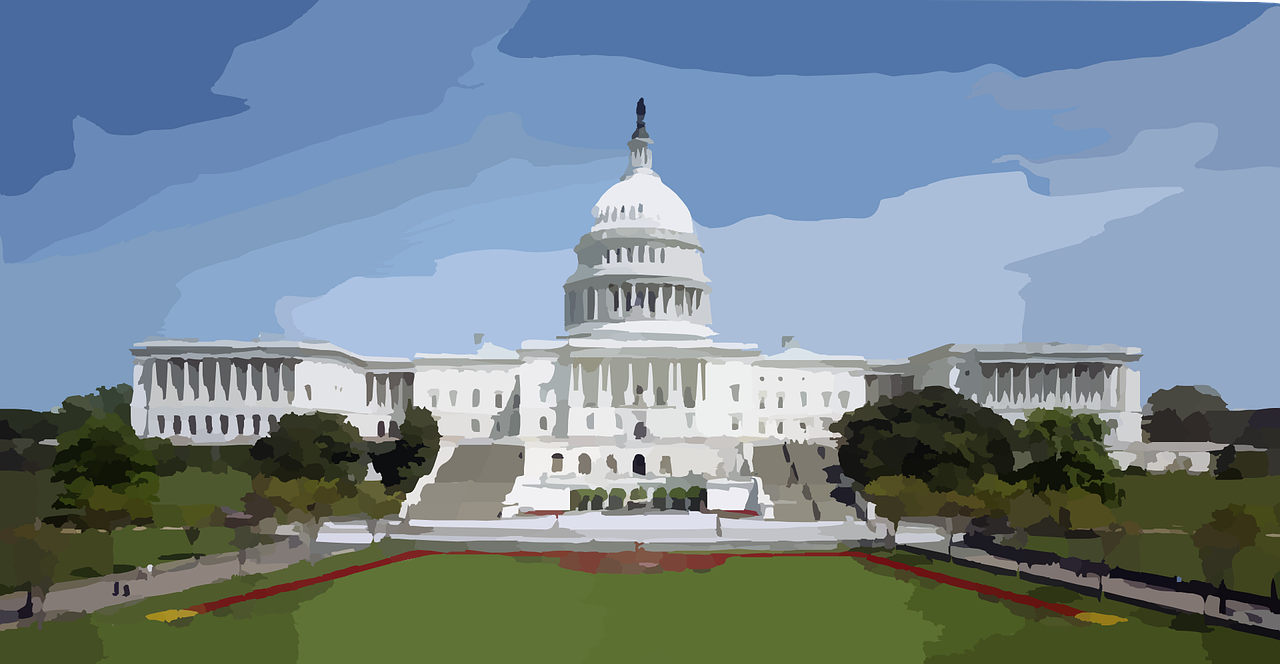
Coronavirus Bill, SS / Medicare Payroll Taxes, and the Newly-proposed Fiduciary Rule Take Center Stage
by Dani Kehoe, Counsel to NAIFA
Last week was relatively quiet on our issues – it was the last week of this year’s “sort-of” August recess. But there was some intra- and inter-party positioning that will likely shape the upcoming three weeks or so. Here’s the status as of now.
Coronavirus aid bill: Last week, Speaker of the House Rep. Nancy Pelosi (D-CA) talked multiple times with Treasury Secretary Steven Mnuchin. Neither reported any progress on finding agreement on a new coronavirus crisis response bill. But they did announce that each agrees to work towards a “clean” government funding bill; i.e., not use the absolute necessity of funding the government come October 1, the start of the new fiscal year, as leverage for their respective coronavirus issues positions.
Separately, Senate Republicans are working towards a vote this week (which could slip) on a “skinny” ($500 billion) coronavirus crisis response package. This is widely viewed (even among Republicans) as no more than a “message bill”—because Senate Democrats are sure to block it—that would signal the extent to which the GOP is willing to go on a new aid package. The thinking is that if they can get 51 Republican votes on the package, it would be a public relations victory that would help vulnerable Republican Senate candidates in the November 3 elections. However, as of now, they do not have 51 Republicans committed to vote for the package. So, the “drama” of this upcoming week will be whether 51 GOP Senators will agree to vote for the package.
The package would include liability protection for businesses, hospitals and schools who might otherwise face lawsuits related to exposure to COVID-19; new funding and program modifications for the Paycheck Protection Program (PPP); money to help reopened schools and $10 billion for the Post Office; and a $300/week federal supplemental unemployment benefit. This falls far short of what the Democrats are demanding.
Bottom line: While most Hill folks still believe that by the end of September Congress and the White House will agree on a new coronavirus crisis aid package, it is looking dicier every day. If the markets continue the slide they experienced at the end of last week, that will add more pressure to get to an agreement. So too will polling on the elections—if President Trump continues to trail Joe Biden in the presidential polls and/or if Republican candidates for the House and Senate still look vulnerable, that will nudge lawmakers towards an agreement. If, however, the markets recover and resume their upward climb and/or if polling tightens and improves prospects for Republican candidates, the coronavirus response effort could falter.
Social Security/Medicare Payroll Taxes: The Treasury Department released guidance last week on how to implement the Administration’s optional individual payroll tax deferral initiative. The guidance makes clear that employers will be liable for repayment of the deferred individual tax amounts if an employee leaves prior to repaying those taxes. It also makes clear that it is the employer’s choice—employees do not get to choose—whether to participate in the program. It also sets up a double withholding process for the first four months of 2021—i.e., if employers choose to not withhold workers’ Social Security taxes from September through December of 2020, then they would withhold double the usual Social Security taxes from each paycheck from January-April, 2021. This has made many employers nervous enough that early reports are that few private-sector employers will participate in this program. However, the federal government is going to use the program for federal workers.
President Trump has vowed to forgive these deferred taxes if he’s reelected. However, that will require Congressional approval and so far, there’s little indication that Congress will go along with it. But, House Ways & Means Committee ranking member Rep. Kevin Brady (R-TX) says he will introduce legislation to forgive these deferred taxes. So, employers are also grappling with the risk of adverse fallout from their employees if they do withhold taxes that later turn out to be forgiven. Most Hill folks view this as a pretty tricky situation. To say the Hill is unhappy about this initiative is a big understatement. It’s unclear how it will play out—but it’s sure that election results will have a significant impact. Stay tuned.
Funding the government: Congress must enact legislation to fund government operations by midnight, September 30. Otherwise, the government will shut down—just five weeks prior to the elections. As noted above, Treasury Secretary Mnuchin and Speaker Pelosi have promised to prevent add-on provisions that would put a government funding bill at risk. That is helpful but does not guarantee that there won’t be a donnybrook over government funding at the end of the month.
There is also an as-yet unanswered question about the length of this temporary government funding measure. Some folks are saying it should last only through the middle of November; others want it to go through the end of the year; and still others want funding to remain in place until March or so of 2021.
Fiduciary Rule: The Department of Labor’s (DOL’s) Employee Benefits Security Administration (EBSA) held a hearing last week on EBSA’s newly-proposed fiduciary rule. Testimony was predictable—industry witnesses called for modifications to the proposed rule, including more clarification that recommending an insurance product would not in and of itself constitute an ongoing relationship with the client that would trigger fiduciary status under the five-part test. Consumer group witnesses called the regulation inadequate and sought rule modifications that would make more advisors fiduciaries more often. As is typical of DOL, there was essentially no indication of whether the agency is open to making any of the changes suggested. EBSA is trying to finalize the rule prior to year-end, but whether they will meet this self-imposed deadline remains uncertain.
|
|||||||||||||||||||||||||||||||||||||||||||||||||||||||||||||||||||||||||
|
|||||||||||||||||||||||||||||||||||||||||||||||||||||||||||||||||||||||||



